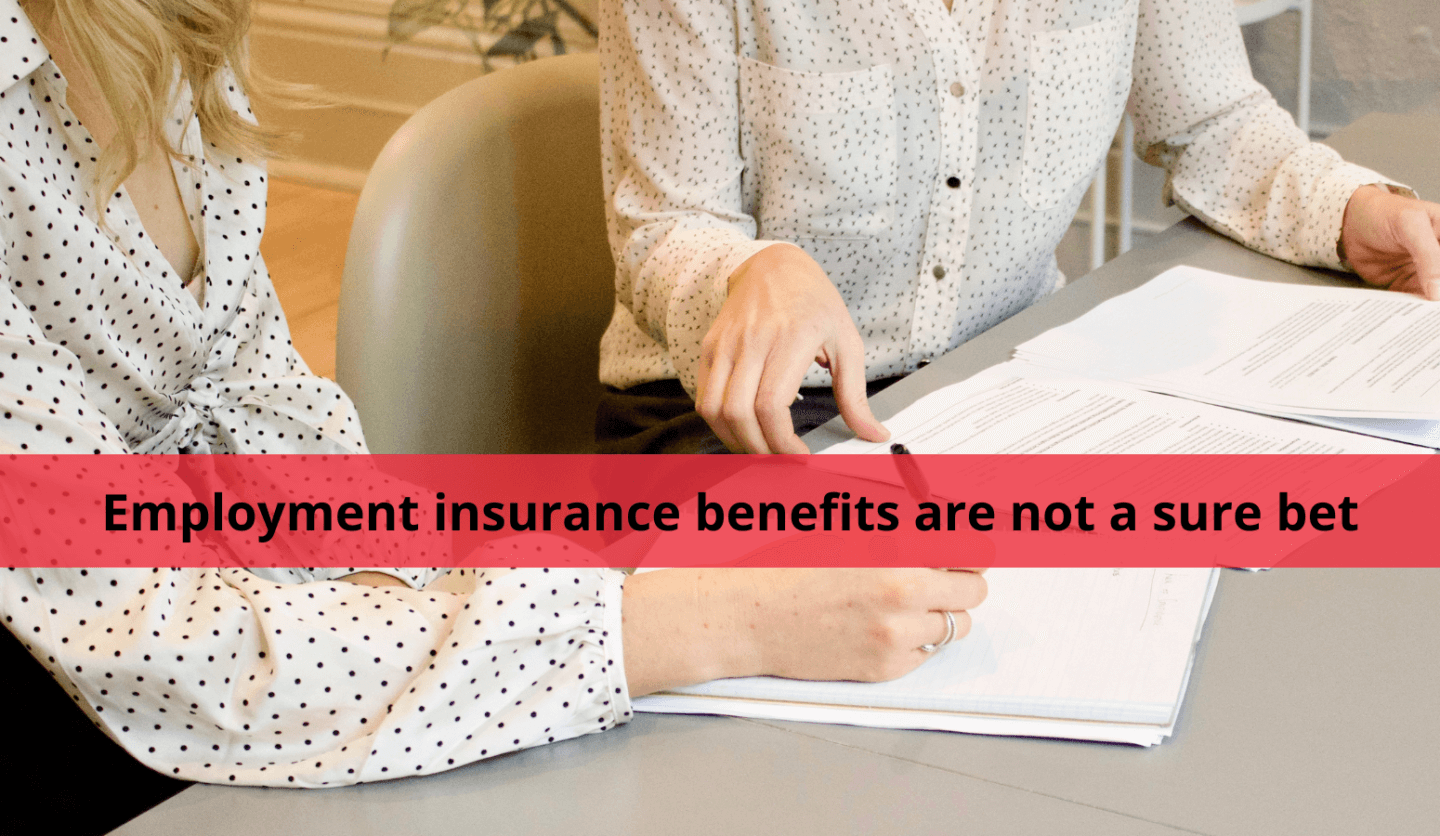
Employment insurance benefits are not a sure bet
Carefully consider how you fill in application
In this world nothing can be said to be certain, except death and taxes. ~ Benjamin Franklin
Employees gripe about deductions for employment insurance (EI) premiums taken directly from their paycheque, yet few are cognizant of when and how they can apply for payment of employment insurance benefits.
Eligibility for employment insurance (formerly called “unemployment insurance”) has three simple rules: (1) you must go without work or pay for at least seven consecutive days; (2) you must have worked enough hours during the qualifying period; and (3) you must suffer an interruption of earnings through no fault of your own. But just because you are eligible does not mean that you will be granted benefits.
In my practice I’m frequently consulted by former or current employees looking to secure benefits for a period of unemployment. While each situation is unique, by following these rules, you will be paid benefits more often than not:
Do not delay: If you wait longer than four weeks to submit your claim, the government may deny it, regardless of your eligibility or entitlement. Therefore, the first advice that I give to people is to immediately submit your application.
Request a Record of Employment: To complete an application, you need a form called a “Record of Employment,” issued by your employer or ex-employer. Although employers have a legal duty to provide the form shortly after any disruption of earnings, not all do so promptly and some don’t do it at all. Therefore, you should be prepared to present proof of employment in your application. You may be asked to provide pay stubs, cancelled pay cheques, T4 slips, work schedules and so on.
Challenge allegations of misconduct: An employee who was fired for misconduct is disentitled to EI. However, just because an employer alleges that misconduct existed, doesn’t necessarily make it so. I’ve seen many cases in which employees have successfully disputed the employer’s characterization of their dismissal as being for misconduct and been awarded benefits after the fact.
Don’t resign without legal advice: Employees who resign without a legitimate reason are not entitled to collect EI. Legitimate reasons include a harassing or intolerable working environment, a serious and negative change in working conditions or a substantial decrease in pay. Previously, I’ve written about the risks that employees face when resigning from a job; therefore, resigning should only be considered as a last resort and after meeting with a lawyer.
Remain ready, willing and able to work: You are only entitled to benefits for days that you are capable and available for work. If you take a holiday, don’t look for suitable work or refuse to accept an offer of suitable employment, you may be disentitled to benefits.
Date: 2007
Author: Daniel A. Lublin
Publication: Metro



